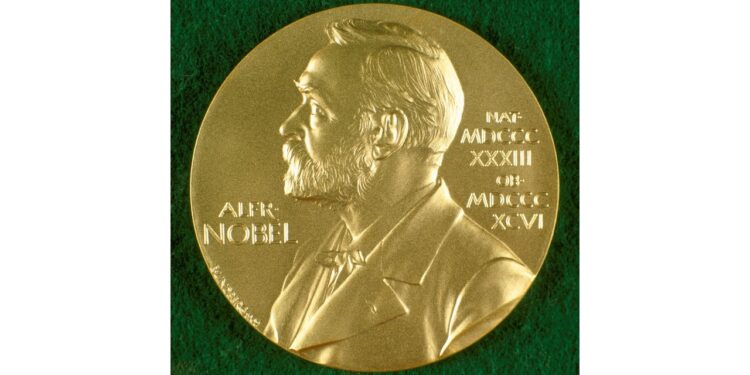The origins of an international legacy
The Nobel prizes were created in 1895 when Alfred Nobel, the Swedish inventor, entrepreneur, and industrialist, signed his final will establishing a new global system of awards. In his testament, Nobel directed that the bulk of his fortune be placed in a fund, the interest of which should be used annually to reward individuals who had “conferred the greatest benefit to humankind.” The decision surprised both his family and the wider scientific world, yet it laid the foundation for what would become the most prestigious set of international awards across science, literature, and peace. His choice reflected a desire to reshape his legacy from being known primarily as the inventor of dynamite to being remembered for promoting human progress.
A will that redefined global recognition
Nobel’s will named five distinct fields for the annual prizes: Physics, Chemistry, Physiology or Medicine, Literature, and Peace. He specified that each award should be managed by institutions capable of ensuring impartial and rigorous evaluation. The Royal Swedish Academy of Sciences was tasked with the prizes in Physics and Chemistry, the Karolinska Institute with Physiology or Medicine, the Swedish Academy with Literature, and a dedicated committee appointed by the Norwegian Parliament with the Peace Prize. This distribution between Sweden and Norway was noteworthy, occurring during the final decade of the two countries’ political union.
Financing a century of excellence
Nobel left approximately 31 million Swedish kronor, a vast fortune in the late nineteenth century. After legal disputes and administrative delays, the Nobel Foundation was formally established in 1900 to safeguard and manage the assets. Its responsibility extended beyond finances, shaping rules, guidelines, and the long-term integrity of the prizes. The first Nobel prizes were awarded in 1901, six years after the will was written, marking the beginning of a tradition that would become central to global scientific and cultural recognition.
A system designed for independence and credibility
The structure defined by Nobel emphasised independence from governments and external pressures. By dividing responsibilities across respected institutions, he created a framework where assessments rested on academic merit, not political influence. The Norwegian role in the Peace Prize added a further layer of neutrality, as Norway had a reputation for strong parliamentary processes and international engagement. This system remains largely unchanged today, helping maintain the credibility that distinguishes the Nobel prizes from other awards.
Impact and expansion through the twentieth century
As the prizes grew in stature, they became milestones in the careers of scientists, writers, and diplomats. The Nobel Peace Prize highlighted global conflicts and humanitarian efforts, while the prizes in science often marked revolutions in understanding, from quantum physics to DNA. Over time, Nobel’s initial categories expanded indirectly: the Sveriges Riksbank Prize in Economic Sciences in Memory of Alfred Nobel was added in 1968 and is now awarded alongside the originals, although it is not part of Nobel’s will.
A legacy anchored in human progress
More than a century after the will of 1895, the Nobel prizes continue to shape global debates, celebrate breakthroughs, and define excellence. Their origins remain a reminder that one individual’s decision, rooted in both personal reflection and a desire for societal benefit, can generate a tradition that endures for generations.
Newshub Editorial in Europe – 27 November 2025




Recent Comments